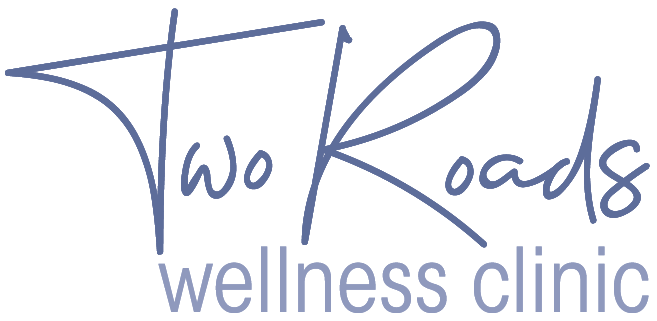How to Fast: Before, During, & After Tips
Before the Fast
Preparing for the fast - Prepare for a fast by eating healthier and lighter meals for one or two days before fasting. Some people have only vegetables the day before a fast begins. Not preparing for the fast – Yes, I know I just told you that preparing for the fast is important. But if you’re feeling adventurous, it’s ok for you to just start fasting anytime. The healthier you are, the fewer preparations you need to make. So if you’re needing that extra special “go” signal, here it is: you can start fasting right now if you want to. Blessings have been officially given.
During the Fast
Exercise and Meditation / Visualization – Don’t exercise too much while fasting, but also don’t sit around all day, especially if you’re blood type O. Plan for at least one or two hours of light, easy exercise like housework or going for a long walk, or some calming exercises like Tai Chi, Yoga or stretching.
Coffee - If you are a coffee drinker, keep drinking coffee for the first 1-2 days of the fast but reduce by half. So, if you usually drink 2 cups, just drink one cup. For longer fasts, avoid coffee completely after the first 2 days. Use green tea instead. Also, if you’re blood type O or a Lewis nonsecretor, don’t consume any coffee whatsoever while fasting. Drink green tea instead.
Smoking – Smoking changes certain levels of liver detoxification enzymes, so you’re going to have to cut back at least 50% for the first day of fasting, and go completely off of cigarettes by day 3.
Dry Brushing – Brush your skin with a dry brush often. This sloughs off dead skin cells and is a way of eliminating toxins. There are websites that discuss this, including wellnessmama.com and goop.com.
Massage – Massage is an excellent way to reduce stress, increase circulation, and bring circulation including red and white blood cells to parts of the body that normally don’t have as much blood flow.
Colon health – There are many recommendations by various authorities regarding colon health; these include fasting, enemas, colon hydrotherapy, psyllium-based supplements, as well as oxygenated magnesium. Oxygenated magnesium (“Oxy-Powder”) is often better than some other colon care supplements because it may be gentler on the colon than psyllium-based formulations.
“There’s an App for that” – Get an app to help track your fast as well as your regular diet. It can also be very useful to track your regular diet. There many other reputable programs online.
Breathing exercises – Do breathing exercises several times per day while fasting.
Rest / Naps – If you feel tired, you should take frequent naps. This is your time to take it easy. Try not to watch too much TV or be on your phone, iPad or computer. This is a source of unneeded stress while on a fast, which is stressful enough. What good is a food fast if you’re not also fasting from electronics.
After the Fast
Breaking a fast – It’s not difficult to come off a fast, but you need to do it right. However long the fast is, that’s the total number of days you should spend preparing and breaking the fast. For example, for a 4-day fast, you should prepare for 2 days, then come off of it for 2 days, for a total of 8 days. Remember our ancestors have gone through many famines and somehow didn’t need to read any of this. They turned out just fine. The main points are to start with smaller, easier to digest meals, allowing enough time to digest these meals.
The “Turrble” Threes
The top 3 foods that will hurt you post-fast more than anything else are:
Large amounts of dairy products, especially cheeses (ignore this entire sentence if you are a Blood Type B secretor of mainly European descent.
Lots of grains, especially lots of white flour/wheat, corn, or barley.
Large amounts of meat, especially fatty meat, fried meat, beef or pork.
Don’t get too creative during post-fast. Don’t experiment with new foods, meals, or supplements at this time. Go with what you know. Keep increasing the size of the meals until you get to 5 or 6 small meals per day. Then… you are done with your post-fast. Congratulations.
About Two Roads Wellness Clinic
At Two Roads Wellness Clinic, we want to help you find the path that makes a difference in your life. We’re an integrative health clinic offering a vast array of services including, mental health treatments such as EMDR (eye movement desensitization and reprocessing), expressive arts therapy, family therapy, medication management, primary care, integrative nutritional support including genetic nutritional counseling, life coaching, physical therapy, infrared sauna services, community education and outreach, and more.
The Two Roads Wellness Clinic team of therapists, medical and nutrition staff, life coaches, physical therapists, and emotional support animals are ready to help you find an integrated approach to your wellness. To schedule an appointment, visit our contact page, to get started at one of our convenient locations in Champaign, Danville, or Mahomet.

